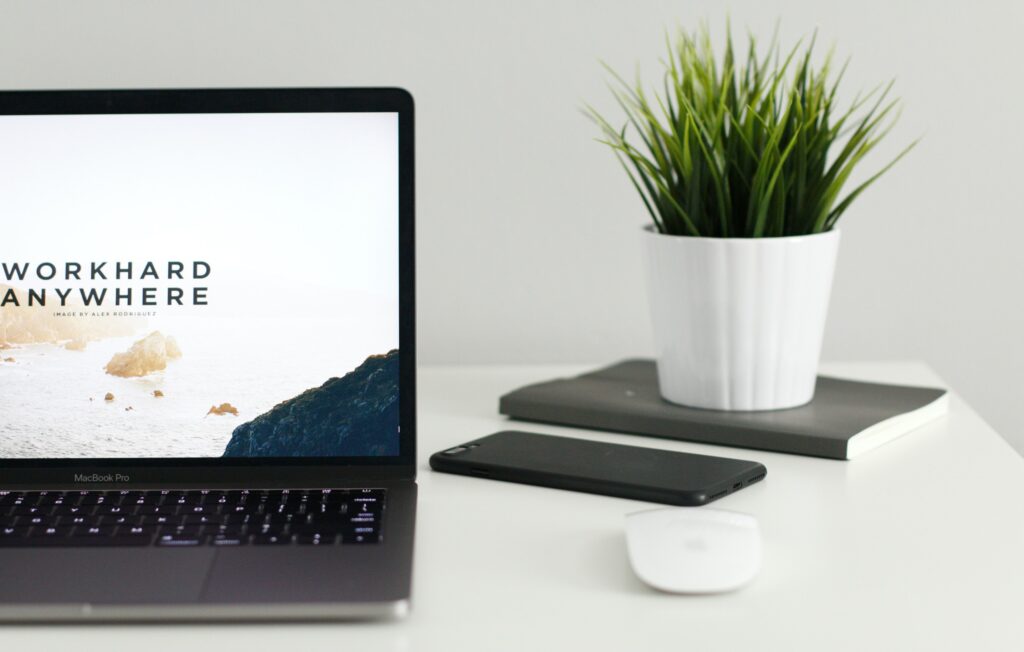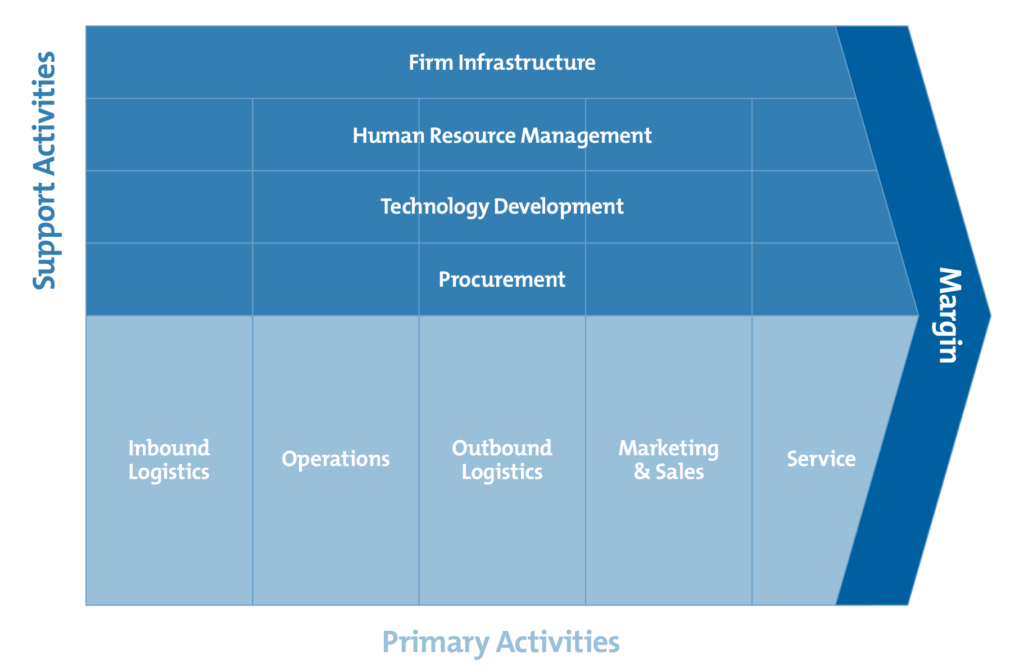Future of work – Maintaining company culture with intentionality in the hybrid world
by Etienne Pretorius

The #culture of #hybrid or work from home models can only be adopted if there is no need for company asset that is localised or immobile, e.g. machine operators would need to be at the company premises and function in a team.
#Hybrid work is possible regardless of whether a primary or support activity on the Porter’s Value Chain, however the #hybrid model would only be possible if certain criteria exist, e.g. the party is competent in their role and doesn’t require #mentoring, the party has an ability to work autonomously, the party is willing to work within the #hybrid model, etc.
Operational staff in manufacturing will often not be able to work remotely if they are in a traditional primary operation and production or maintenance role. Albeit technology allows remote work in instances such as #3dprinting manufacture of auto parts. We refer in this instance to the offering in terms of #3dprinters by our CBBC partner 3DM Power @Bernhard van Riessen.
In the value chain all activity typically seen as Support Activities can normally move into the #hybrid model, the marketing functions could normally exist in the #hybrid model. The logistics, operations, sales and service functions might require in-person contacts depending on the nature of the business and the industry in which the business serves.

Kotter (Forbes, 2011) demonstrates how #culture is critical to a companies success. There has been a #post-pandemic trend emphasising the importance of organizational #culture. By adopting #hybrid #workspaces company decision makers have had to learn how to motivate and manage employees differently. Company #structure, peoples #roles & #responsibilities, and #goals & #expectations need carefully drafted #policy to communicate #goals and #expectations.
#Management styles need to change to embrace objective driven #kpi mindset. Gratton (2022) indicates how this guarantees a work model that will become part of the company’s practises and cultures. It will underline the necessity for an organisation to develop a high #performance #culture while also acknowledging the demands of the individual.
#Management styles during the #pandemic tended toward #coaching and #mentoring #mindsets and away from directive/instructive tendencies. There seemed to be a reciprocal need for employers to begin trusting their staff more. This balanced by the need for employees to perform. Not all employees were able to work effectively from home. It was just beyond them. So, they readily returned to the office.
The drive for #impartiality and #fairness when drafting policy would benefit by outsourcing the work and including as representative as possible stakeholders to facilitate the transition.
Contact Etienne Pretorius at PBC Group aepretorius@pbcgroup.co.za +27 82 513 6150 if you need support with your #company #culture within the new era of #hybrid work.
